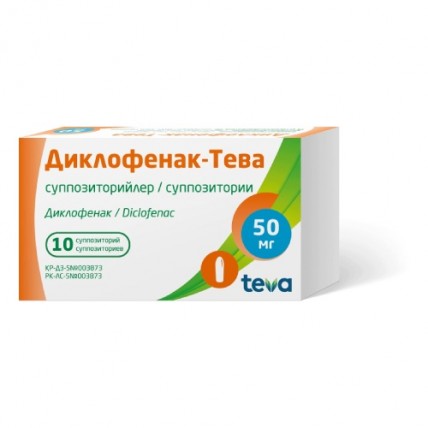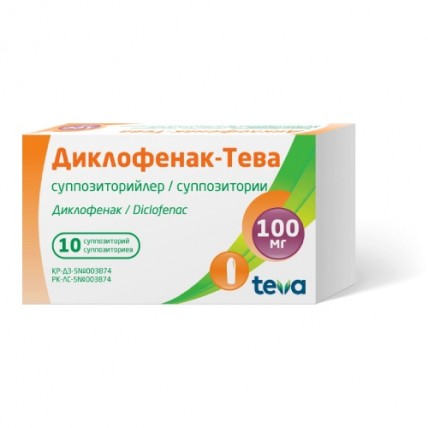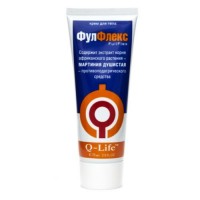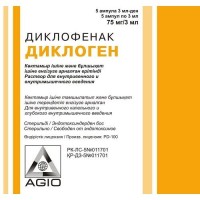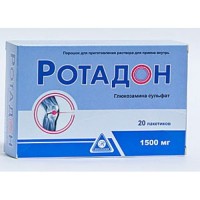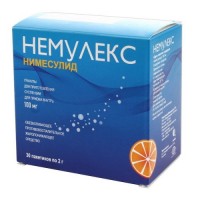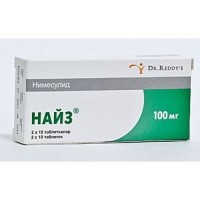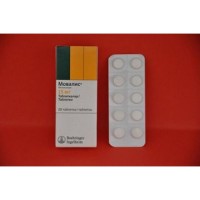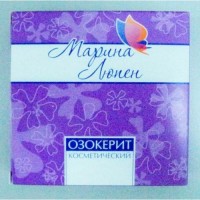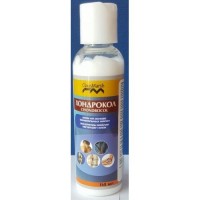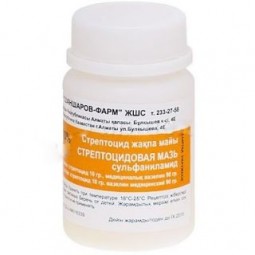Diclofenac-Teva Rectal Suppositories - 50 mg / 100 mg
- $10.00
Diclofenac-Teva Rectal Suppositories - 50 mg / 100 mg: What Is It?
Diclofenac-Teva Rectal Suppositories are a type of non-steroidal anti-inflammatory drug (NSAID) formulated for rectal administration.
Each suppository contains either 50 mg or 100 mg of diclofenac sodium, a potent anti-inflammatory and pain-relieving agent.
These suppositories are primarily used to alleviate symptoms related to inflammatory and degenerative joint diseases, as well as acute musculoskeletal injuries.
The rectal route of administration is particularly useful for individuals who have difficulty swallowing tablets or who need fast relief with a localized effect.
Diclofenac works by inhibiting the production of prostaglandins, substances in the body that cause inflammation, pain, and fever.
By reducing prostaglandin synthesis, diclofenac effectively decreases inflammation and pain, making it beneficial in conditions that involve both acute and chronic inflammation.
This can help relieve stiffness, swelling, and discomfort in joints and muscles.
How Do Diclofenac-Teva Rectal Suppositories Work?
The active ingredient in these suppositories, diclofenac sodium, is absorbed through the rectal lining, allowing it to enter the bloodstream and exert its effects on inflamed tissues.
As a non-selective cyclooxygenase (COX) inhibitor, diclofenac blocks the enzymes COX-1 and COX-2, both of which are involved in the inflammatory response.
COX-2 is primarily responsible for the production of inflammatory prostaglandins, while COX-1 helps protect the stomach lining and maintain kidney function.
Although diclofenac inhibits both enzymes, its therapeutic benefits primarily stem from COX-2 inhibition, which reduces pain and inflammation.
This mechanism makes Diclofenac-Teva suppositories effective in treating pain and inflammation without the need for oral intake, which can sometimes cause gastrointestinal discomfort. The rectal form is also ideal for patients experiencing nausea or vomiting, where oral medications may not be well tolerated.
What Conditions Are Diclofenac-Teva Suppositories Used For?
Diclofenac-Teva suppositories are commonly prescribed for:
- Arthritis: This includes rheumatoid arthritis, osteoarthritis, and ankylosing spondylitis.
- Acute Gout: Sudden, intense joint pain, often in the big toe.
- Muscle and Joint Disorders: Conditions like frozen shoulder, tendinitis, and bursitis.
- Injury-Related Pain: From fractures, sprains, or minor surgeries such as dental or orthopedic procedures.
However, Diclofenac-Teva is not suitable for children and should only be used under medical supervision.
Who Should Avoid Diclofenac-Teva Suppositories?
These suppositories are not recommended for people who have:
- A history of hypersensitivity to diclofenac or other NSAIDs.
- Stomach or intestinal ulcers, or gastrointestinal bleeding.
- Severe liver or kidney issues.
- Heart failure, coronary artery disease, or other cardiovascular problems.
- Asthma or allergic reactions to NSAIDs like ibuprofen or aspirin.
- Pregnancy (especially in the third trimester).
Additionally, they are not advised for individuals under 18 years of age or those with certain rectal conditions such as hemorrhoids or proctitis.
What Precautions Should Be Taken with Diclofenac-Teva Suppositories?
- It is crucial to avoid using Diclofenac-Teva with other NSAIDs, as this can increase the risk of side effects.
- Elderly patients or those with low body weight should use the lowest effective dose.
- Be alert to potential allergic reactions, which could include symptoms like chest pain, swelling, or severe rashes.
- Long-term use can mask symptoms of infections, making it important to regularly monitor health conditions while on this medication.
- Those with a history of gastrointestinal issues should be under strict medical supervision due to the risk of bleeding, ulcers, or perforation.
What Are the Potential Side Effects of Diclofenac-Teva Suppositories?
Like all medications, Diclofenac-Teva may cause side effects, including:
- Common side effects: Headache, dizziness, nausea, vomiting, and skin rash.
- Less common, serious effects: Gastrointestinal bleeding, liver damage, or kidney issues.
- Rare side effects: Allergic reactions, difficulty breathing, severe skin reactions, and heart problems.
Patients should stop using the medication if they notice signs of gastrointestinal bleeding (e.g., blood in stools or vomit) or severe allergic reactions and seek medical advice immediately.
How Should Diclofenac-Teva Suppositories Be Used?
These suppositories are intended for rectal use. They should be inserted into the rectum after passing stool.
The typical adult dose is one 100 mg suppository once a day, with a maximum dose of 150 mg per day.
Elderly patients or those with liver or kidney issues may need to follow a more cautious dosage.
Always consult with a healthcare provider to determine the appropriate dose based on your specific condition.
How Should Diclofenac-Teva Suppositories Be Stored?
Diclofenac-Teva suppositories should be stored at temperatures below 25°C (77°F), in a dry place out of reach of children.
Avoid using the product after its expiration date, which is three years for the 50 mg dosage and five years for the 100 mg dosage.
